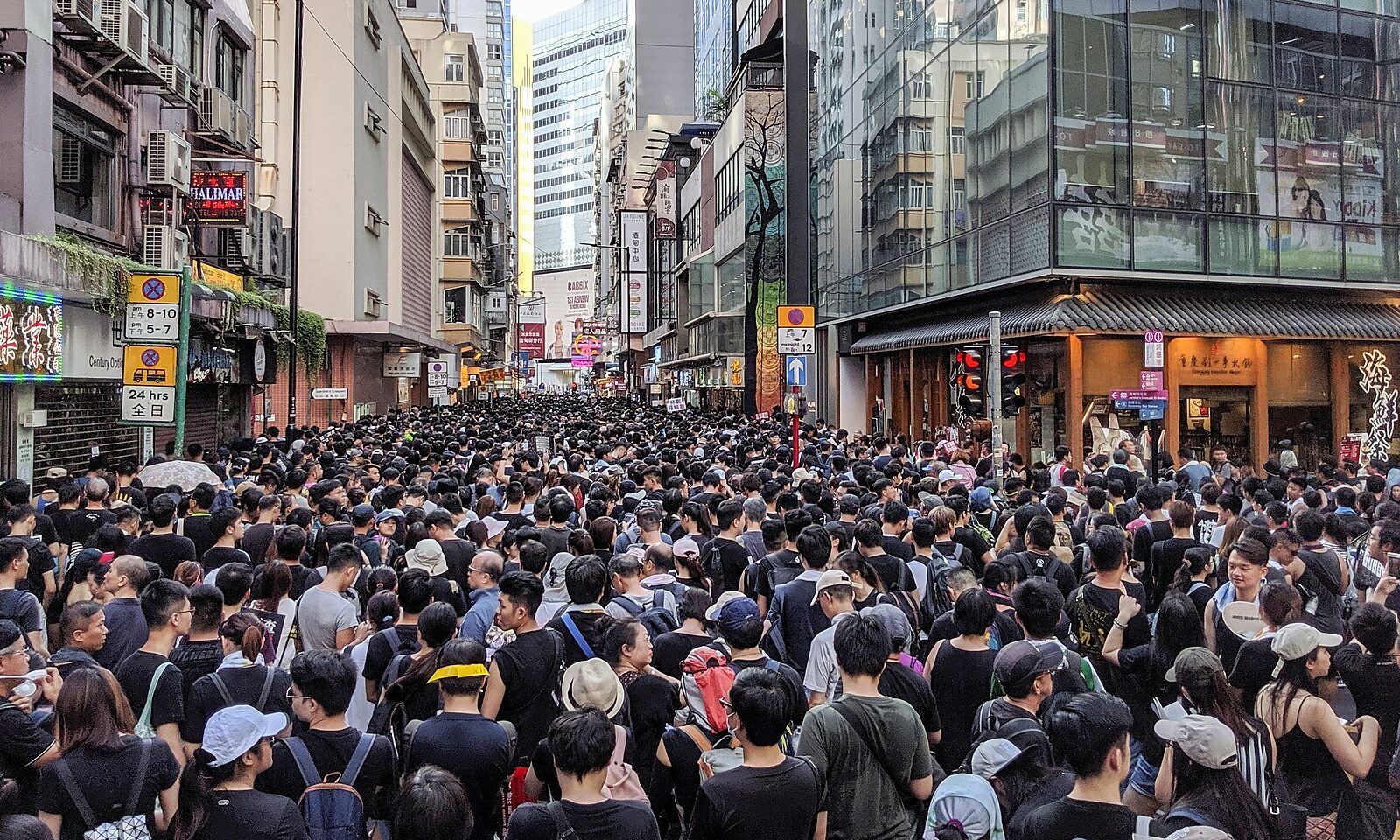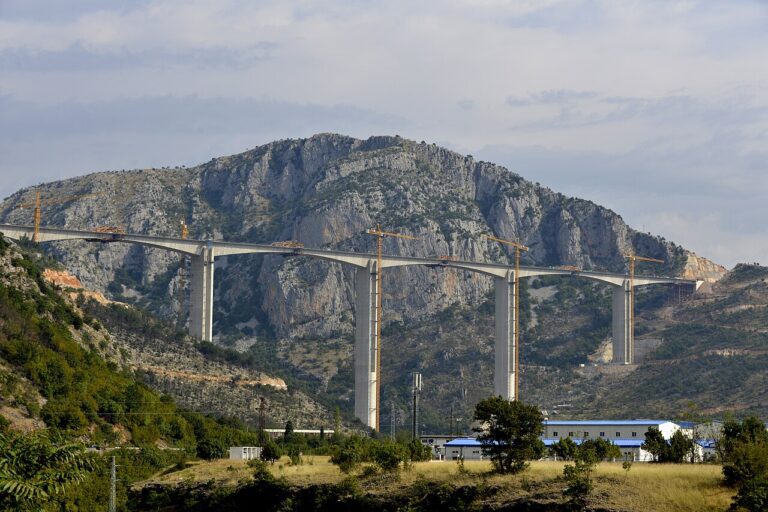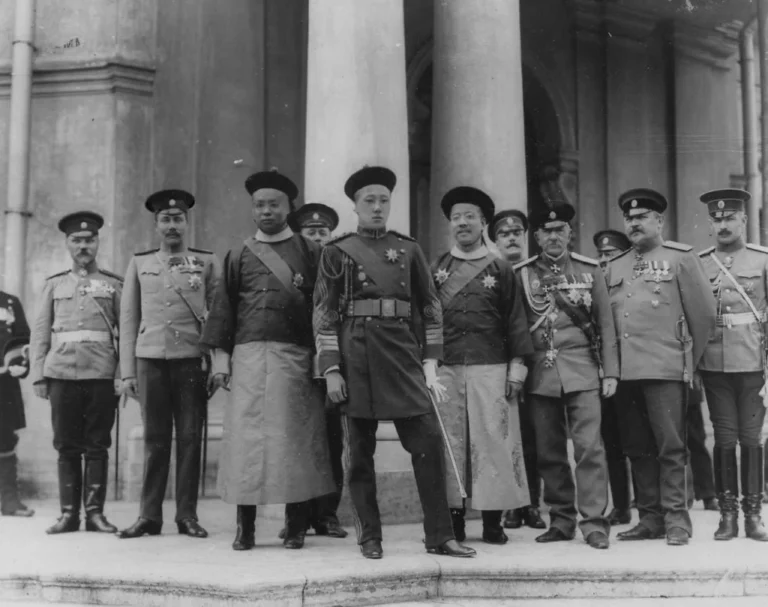
Once Asia’s top financial and trade hub, Hong Kong has now become a center for prosecuting and jailing pro-democracy activists. The EU needs to adjust to this new reality.
Following the Standing Committee of the National People’s Congress’ (NPCSC) interpretation of Hong Kong National Security Law (NSL) in December 2022, the question of Hong Kong Special Administrative Region’s (SAR) autonomous status under Chinese rule has resurfaced again.
While NPCSC did not ban foreign lawyers from engaging in national security cases, its interpretations have confirmed the supreme role of the Committee over Hong Kong courts regarding national security cases. In the national security case of Jimmy Lai, a Hong Kong pro-democracy media tycoon who was charged with “colluding with foreign forces,” while the High Court has approved a London-based lawyer to defend Lai on April 28 for a hearing, a certificate from the chief executive is still needed for approving the presence of a foreign lawyer in a national security case. Without a certificate, the Committee could make a decision to ban the hearing in the name of possible “foreign interference” in national security.
The recent developments are part of a larger process of Beijing encroaching on Hong Kong’s judicial independence and autonomy. In June 2020, less than a year after the Hong Kong anti-extradition protests, the National People’s Congress (NPC) promulgated an extraterritorial National Security Law in the Special Administrative Region (SAR) which would criminalize Hong Kong political dissidents under the crimes of subversion, secession, collusion with foreign forces and terrorists acts. Shortly before the promulgation of the NSL, the European Parliament adopted a resolution to urge the EU to defend Hong Kong’s high degree of autonomy, followed by the Council’s July conclusions on a coordinated response regarding the NSL.
In early February 2023, the NSL Trial of 47 Democrats who were involved in the 2020 unofficial primary elections started, posing a new challenge to the EU’s understanding of the rule of law in Hong Kong. Out of 55 individuals arrested in January 2021, 47 pro-democracy Hong Kong activists were charged with “conspiracy to commit subversion.”
As the question of Hong Kong’s judicial independence from Chinese dictatorship lingers, the very existence of the EU-Hong Kong ties also hangs by a thread.
Basis of EU-Hong Kong Relations
The special ties between the EU and Hong Kong were defined by a communication from the Commission to the Council entitled “The European Union and Hong Kong: Beyond 1997.” Under the UN-listed, legally binding 1984 Sino-British Joint Declaration which gives Hong Kong a high degree of autonomy until 2047, the principle of “One Country, Two Systems” lays the foundation for the European Commission and Hong Kong Government to communicate directly on areas falling under the purview of the Hong Kong Special Administrative Region. Given that Hong Kong operates under a political, legal and economic system distinct from that of the People’s Republic of China, the Commission established an Office in Hong Kong in 1993 and signed a Customs cooperation agreement with the SAR government in 1999. To formalize EU-Hong Kong relations and to foster bilateral economic relations, the Annual Structured Dialogue started in 2007.
Following the 2019 anti-extradition protests, the EU-Hong Kong dialogue has become more political and conflictual in nature as the Hong Kong and Chinese authorities began to crack down on pro-democracy activists and political dissidents. While there has been no high-level EU-Hong Kong bilateral dialogue during the pandemic, the EU is likely to be more assertive on the issue of the increasing Chinese control over Hong Kong, whereas the Hong Kong Government is converging with the Chinese Central Government’s position on the issues of human rights, democracy and rule of law.
China’s increasingly interventionist approach in Hong Kong does not only constitute a breach of the Sino-British Joint Declaration, but also accelerates the decline of EU-China relations. On July 6, 2022, at a parliamentary debate, Commissioner Virginijus Sinkevičius delivered a speech on Hong Kong on behalf of the EU’s High Representative to highlight that the EU rejected the claim that the situation in Hong Kong is an internal matter of China. This is a sign that the EU is becoming less tolerant of China’s consistent erosion of Hong Kong’s autonomous system.
European Parliament’s Approach to Hong Kong
An overwhelming majority of Members of the European Parliament (MEPs) have supported the Hong Kong cause within the European Parliament (EP). For example, the EP resolution on NSL was adopted by 565 votes to 34. In June 2020, five MEPs from major political parties established an informal Hong Kong Watch Group at the EP. The establishment of the Hong Kong Group seeks to gather momentum for MEPs across the political spectrum to work on Hong Kong issues together.
Within this context, the EP has adopted five resolutions exclusively on Hong Kong since 2019, including on the anti-extradition protests, the imposition of the NSL, the crackdown on democrats, the violations of fundamental freedoms, and the arrest of Cardinal Zen and the trustees of the 612 Humanitarian Relief Fund. The demands of the resolutions have gradually expanded from calling for fulfilling the Hong Kong protesters’ “five demands,” to reviewing the EU’s preferential treatment of Hong Kong in terms of its definition as an independent customs territory, the special status of the Hong Kong Trade and Economic Office in Brussels, as well as Hong Kong’s seat in the World Health Organization.
The Council’s Conclusions on Hong Kong and Their Limitations
Despite the strong voice of the European Parliament, due to its limited role in foreign policy decision-making and the fact that its resolutions are non-binding, the effect on actual policies has been limited. In the end, it is up to the EU Member States to decide their own policy on Hong Kong and here, the actual record has been mixed.
In July 2020, 27 EU Member States’ foreign ministers gathered at the Foreign Affairs Council discussion to agree on a coordinated package of policy response on the imposition of the NSL. Agreed by unanimity, the conclusions set out five areas of policy response, including the change in migration policy, banning the export of sensitive equipment to Hong Kong, providing scholarships for Hong Kong students, supporting the local civil society, as well as suspending the extradition agreements between Hong Kong and EU Member States.
The ambition of the policy package left a lot to be desired and its implementation has varied across the member states. This comes down to the simple fact that the EU has no exclusive competence in conducting its own foreign policy. Moreover, the need for unanimity also means that some EU countries have the power to veto any proposals with stronger wording and proposed measures. For instance, it was reported that Hungary blocked an EU statement condemning China’s crackdown on Hong Kong’s democracy. Given that there is a lack of political will to change the EU member states’ respective policies on Hong Kong, the coordinated policy package is not likely to be fully implemented in the near future.
Suspending extradition treaties has also proven challenging. After four years of anti-extradition protests, there are still eleven active extradition treaties between Hong Kong/China and the EU member states, including Belgium, Portugal, Czechia, Italy, France, Cyprus, Spain, Bulgaria, Romania, Lithuania, and Greece. As for Czechia, while there was a closed-door hearing on suspending the extradition treaty with Hong Kong at the Czech Chamber of Deputies in September 2022, the Czech government has remained hesitant to suspend it.
The NSL Trial and Its Implications for EU-Hong Kong Relations
While European policymakers seem to have reached an impasse on Hong Kong, the latest court cases of 47 Democrats that started on February 6 could become a turning point. Given the provisions of the NSL, it is likely that some of the defendants could be sentenced to life in prison.
Commenting on the trial in a statement to the United Nations Human Rights Council on March 22, the EU argued that “penalizing legitimate political activity shows that the law is used to stifle political pluralism and the exercising of human rights and fundamental freedoms protected under Hong Kong laws and international law”. Moreover, the statement reiterated the EU’s call to repeal the NSL.
The trial is making it clear that the NSL has served as a means to deliver a final blow to Hong Kong’s political pluralism, independent judiciary, and the rule of law. Thus, the case might give an impetus for a discussion about, for example, how the EU member states could accommodate low-profile Hong Kong political dissidents who have not yet been prosecuted.
More broadly, the continued treatment of Hong Kong as an autonomous region is also coming under question, as the SAR is increasingly seen as a potential safe haven to evade sanctions.
For now, the EU should reflect on how to make use of the available tools, including the presence of the EU Office in Hong Kong, its customs agreement with the SAR, as well as the EU-Hong Kong visa-free regime. While the Commission’s annual report on Hong Kong would be helpful to communicate the EU’s policy on the SAR publicly, it is crucial to ensure that the Council’s future conclusions on Hong Kong are politically viable and implemented on the national level.
Written by
Iverson Ng
Iverson Ng is a Ph.D. candidate at Tallinn University's School of Humanities, focusing on the judicial border between Hong Kong and mainland China following the implementation of the 2020 Hong Kong National Security Law. He concurrently works as Junior Research Fellow for the EU-funded project ''Advancing Trans-Regional Border Studies'' at Tallinn University’s Eur-Asian Border Lab in collaboration with the University of East Finland and University of Amsterdam.


